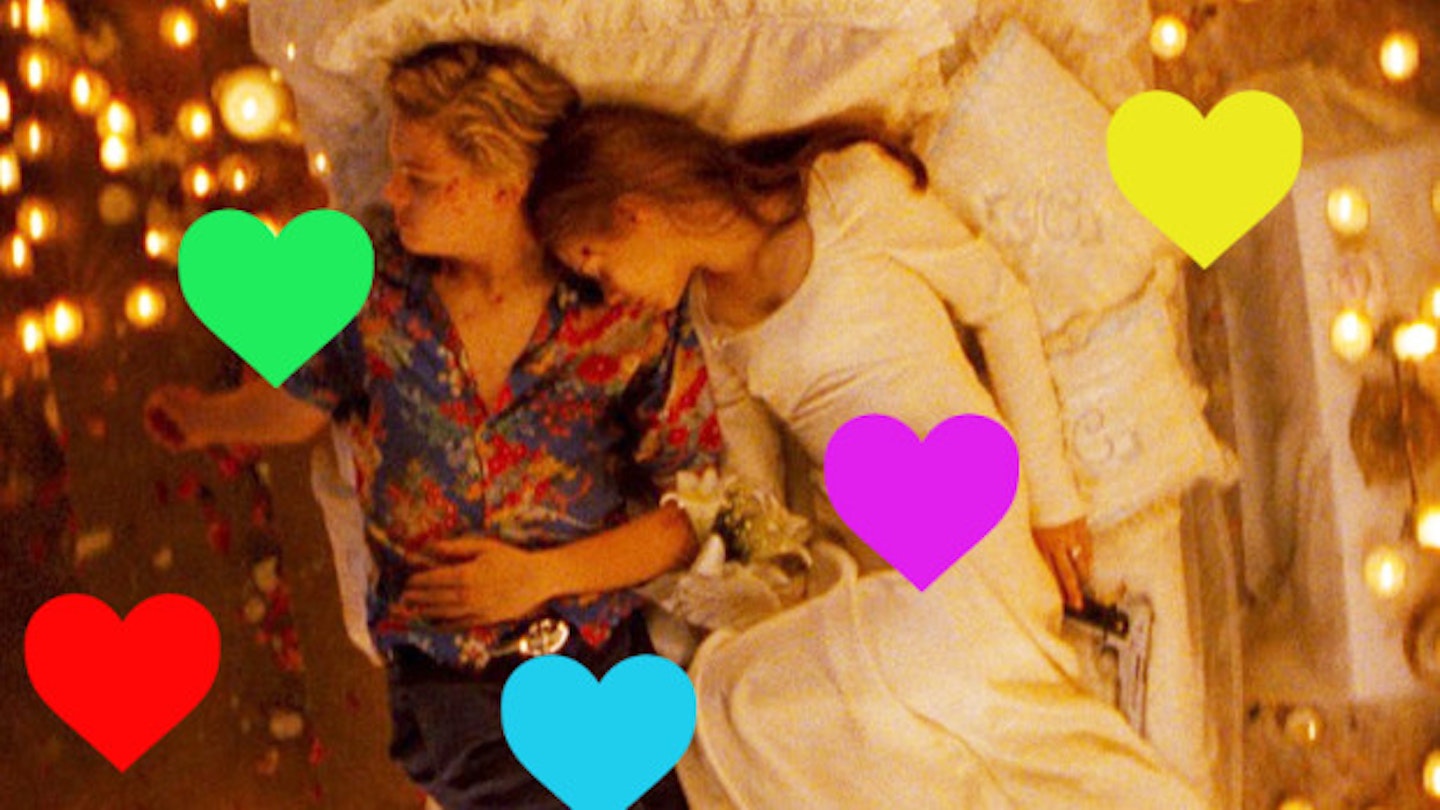Can hearts actually break? Well according to science losing your partner puts you at a greater risk of developing an irregular heart beat, thus in turn raising the likely-hood of having heart failure or strokes.
Open Heart have published a journal looking at one million Danish people and seeing if the death of a life partner may result in a higher risk of developing heart troubles.
They found a greater risk of atrial fibrillation after partner bereavement, with it being even higher if 'the loss was unpredicted' according to the Charlson comorbidity index. The probability was heightened '8-14 days after the loss' but by 'one year after the loss, the risk was almost the same as in the non-bereaved population'.
Simon Graff at Aarhus University led the research; with one group of 88,612 people recently diagnosed with artrial fibrillation, comparatively looking at a group of 886,120 healthy participants. Those under 60 were double as likely to develop problems, plus those who had been healthy a month before their partners had unexpectedly died were at a 57% greater risk.
Although this research is purely comparative and correlational, it does reinforce what many other pieces of research have said- that the loss of your significant other is extremely stressful and can lead to a number of health issues.
The British Heart Foundation say when coping with loss that 'the physical and emotional turmoil of grieving can take months to settle down' and that visiting your GP if symptoms persist is important.
So maybe we can die from a broken heart, the Open Heart study does show the seriousness of losing a partner and that it can lead to a raised risk of heart disease as well as a number of other health problems.
Like this? You may also be interest in:
Science Proves The Busier You Are, The More Productive You Are
Follow Chloe Laws on Twitter @chloegracelaws
This article originally appeared on The Debrief.
